Partners
Led by the London School of Hygiene & Tropical Medicine (LSHTM), the SHARE Consortium comprises of and works through nine partner organisations to deliver its research, capacity development and research into use activities.
This one-of-a-kind combination of distinguished partners provides a unique opportunity to access a wide range of expertise from international scientific researchers, policy researchers, national water programmes, worldwide sanitation and hygiene programmes and civil society. We also seek to maximise country ownership of SHARE’s work and the sustainability of SHARE investments and so five of our partners are Africa or Asia based.
Centre for Infectious Disease Research in Zambia
The Centre for Infectious Disease Research in Zambia (CIDRZ) is an independent, local, non-governmental health organisation established in Zambia in 2001. Its experts utilise innovative and collaborative approaches to develop research, health services and training initiatives with measurable results in HIV/AIDS prevention, care and treatment, Tuberculosis prevention and control, women’s health, newborn and child health, community outreach, and health system strengthening/primary care. In January 2015, SHARE formally welcomed CIDRZ as a partner for our second phase (2015-2018). The initial...
Read more

Great Lakes University of Kisumu
The Great Lakes University of Kisumu (GLUK) was established in 1998 to respond to the challenges of formal community based health care qualifications with practical hands-on analytical skills training based in and around local communities. GLUK contributes to the paradigm shift needed for the achievement of sustainable development at various levels particularly in Africa. In this respect, GLUK subscribes to the philosophy of self-propagated development, which is made sustainable through communities' own participation. Through its Tropical Institute of Community Health and Development in...
Read more
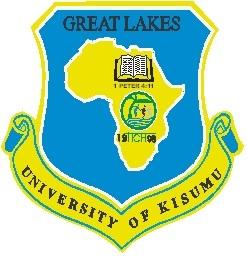
International Centre for Diarrhoeal Disease Control, Bangladesh
The International Centre for Diarrhoeal Disease Control, Bangladesh (ICDDR,B) is a leading international public health research institution located in Dhaka. It is dedicated to saving lives through research, treatment and training, and it addresses some of the most critical health concerns facing the world today. In collaboration with academic and research institutions across the world, it strives to develop the evidence necessary to change practice and to influence health policies. Throughout it’s 50 year history, ICDDR,B has continued to focus on developing low cost interventions targeting...
Read more

International Institute for Environment and Development
The International Institute for Environment and Development (IIED) is one of the world’s most influential international development and environment policy research organisations. Founded in 1971 by economist Barbara Ward, who forged the concept and cause of sustainable development, IIED works with partners on five continents to build bridges between policy and practice, rich and poor communities, the government and private sector, and across diverse interest groups. They contribute to many international policy processes and frameworks, including the Intergovernmental Panel on Climate Change,...
Read more
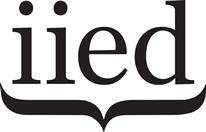
London School of Hygiene & Tropical Medicine
The London School of Hygiene & Tropical Medicine (LSHTM) was founded in 1899 by Sir Patrick Manson. Its multidisciplinary expertise includes clinicians, epidemiologists, statisticians, social scientists, molecular biologists and immunologists, who with partners worldwide to support the development of teaching and research capacity based upon an ethos of respect and rigorous scientific enquiry. It seeks to promote equality as an essential element in contribution to improving health worldwide. LSHTM is among the premier centres worldwide for policy-relevant interdisciplinary research on...
Read more
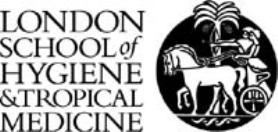
Malawi Epidemiology and Intervention Research Unit and University of Malawi - Polytechnic
Based in one of SHARE's two focus countries, Malawi, SHARE formally welcomed the Malawi Epidemiology and Intervention Research Unit (MEIRU), previously known as the Karonga Prevention Study , and the University of Malawi (UoM) - Polytechnic as partners for our second phase (2015-2018) in January 2015. This partnership with SHARE formed the basis for their expanding research on sanitation and hygiene, and its effects on health. They explored the impact of community-based WASH and food hygiene interventions on diarrhoeal disease in young children. MEIRU The MEIRU programme started in 1979,...
Read more
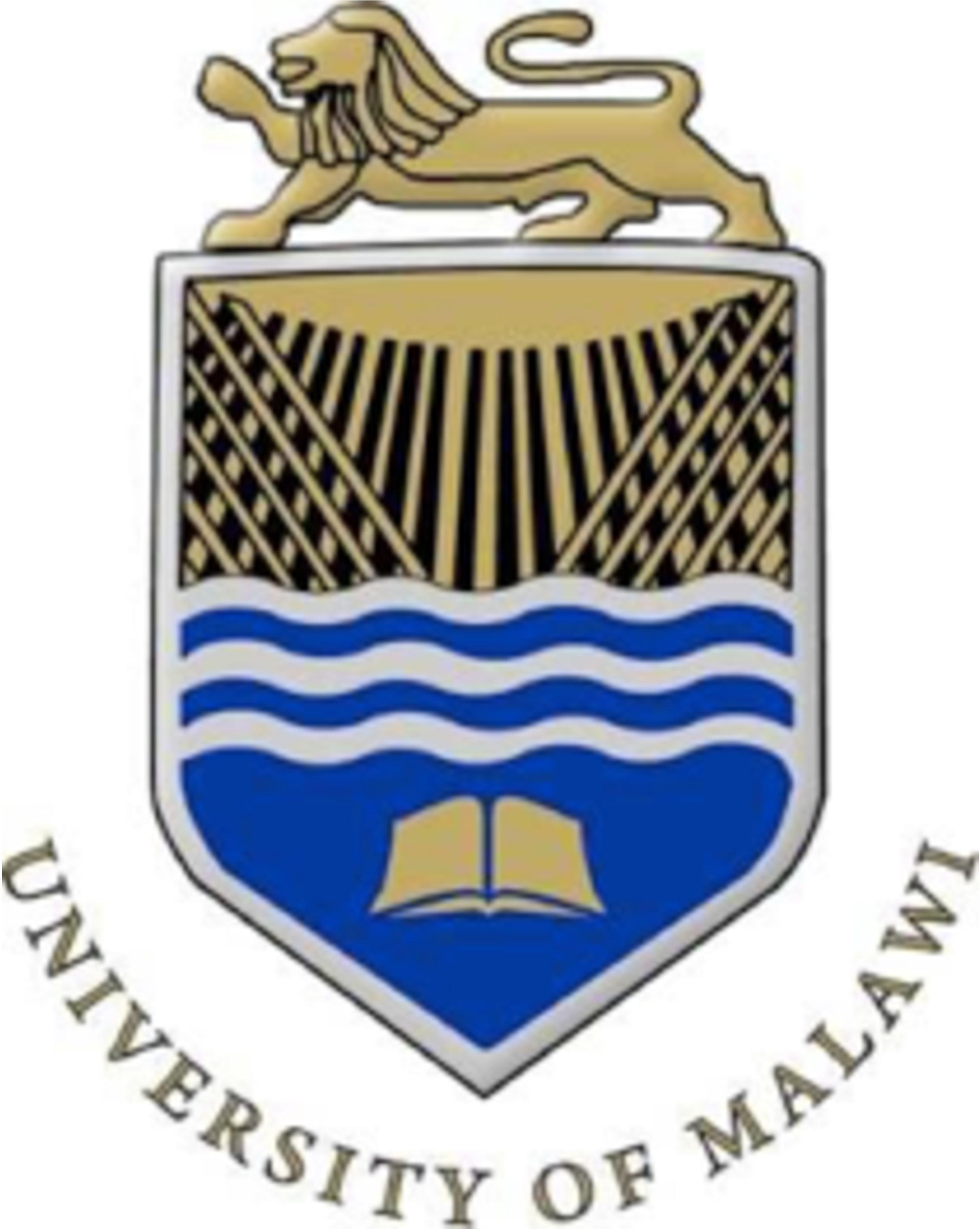
Mwanza Intervention Trials Unit
The Mwanza Intervention Trials Unit (MITU), based at the Tanzanian National Institute for Medical Research (NIMR) campus in Mwanza, is a collaborative research unit of the London School of Hygiene & Tropical Medicine (LSHTM) and NIMR. The mission of MITU is to contribute to improving health through the development and evaluation of interventions against HIV and other health problems by conducting research, including clinical trials, to the highest international standards; to enhance the capacity to carry out such research in Tanzania and the East African region; and to contribute to the...
Read more
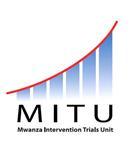
Shack/Slum Dwellers International
Shack/Slum Dwellers International (SDI) is a network of community-based organisations of the urban poor in 33 countries in Africa, Asia and Latin America. In each country where SDI has a presence, affiliate organisations come together at the community, city, and national level to work with specific methodologies. SDI’s mission is to link urban poor communities from cities across the South that have developed successful mobilisation, advocacy, and problem solving strategies. Federations gather planning data and catalyse community action and partnerships. They use their data and collective...
Read more

WaterAid
WaterAid is an international organisation whose mission is to transform the lives of the poorest and most marginalised people by improving access to safe water, sanitation and hygiene. WaterAid works with around 400 local partners – non-governmental organisations, civil society groups, government agencies, academic institutions, private companies, journalist networks and others – in 37 countries to build local capacity and skills, deliver sustainable projects and influence key decision-makers. SHARE formed a partnership with WaterAid in 2010 to generate rigorous and relevant research for use...
Read more

